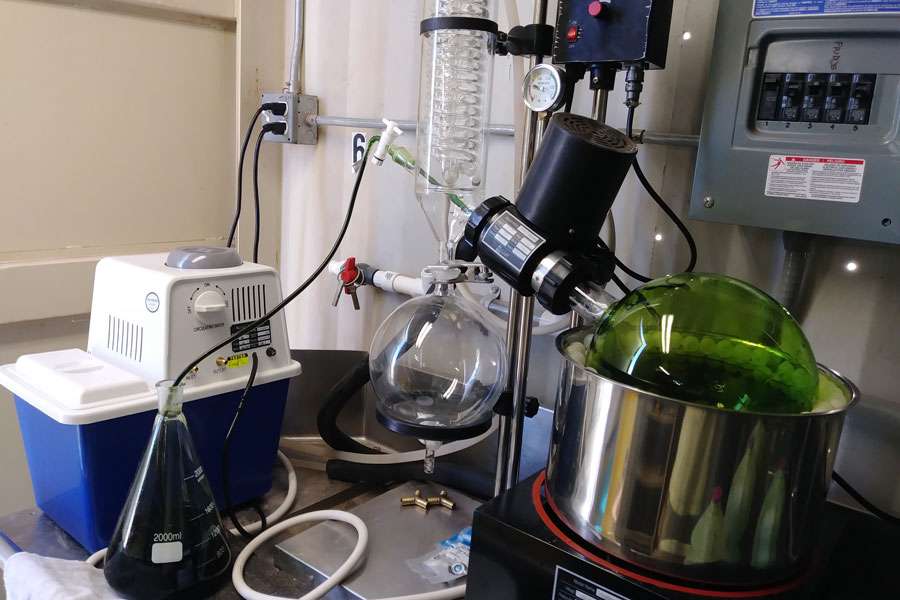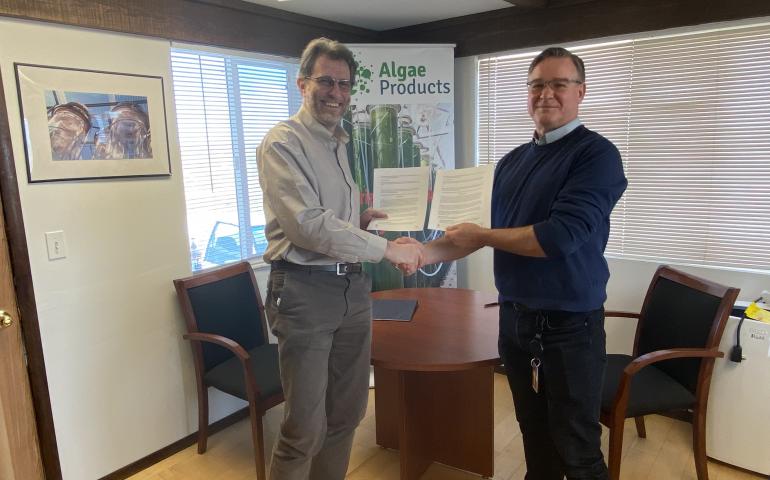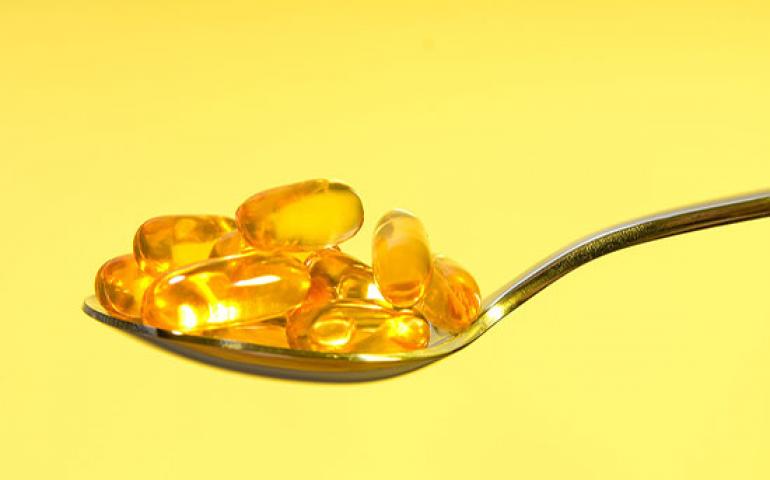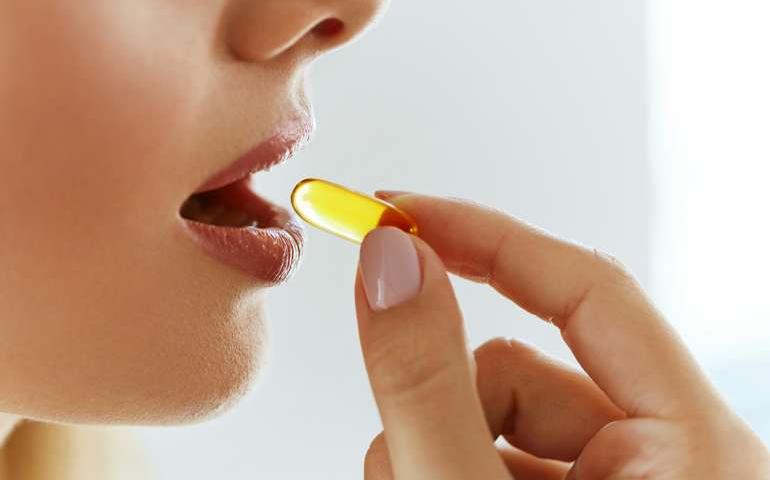Dietary Supplements - EPA
Dietary supplements are products intended to supplement one’s diet by providing one or more ingredients which might otherwise be lacking or limited in the foods we consume. A typical and widespread example is the enrichment of cow’s milk with vitamin D.
Another example is the relatively low abundance of essential fatty acids in the diet. Essential fatty acids cannot be produced by our bodies; we must obtain them from the diet. Especially low in supply in most typical diets is the fatty acid EPA (Eicosapentaenoic acid). EPA is not only a good ingredient to consume for heart and brain health, but it is even available as a prescription drug to reduce triglyceride levels!
Good natural sources of EPA are krill and cold water fish (like mackerel, sardines and wild salmon), but actually the fish and krill get their fatty acids from… you guessed it… microalgae! Because of issues with industrial wild fish capture and possibly damaging the natural oceanic food web, we would like to avoid eating whale food – krill – and the forage fish that carnivorous species like tuna and salmon depend on. For more on the oceanic food web, see the Pew Environment Group Youtube video Forage Fish Key to a Healthy Ocean Food Web.
Thus, we have developed EPA concentrates directly from natural, non-GMO, microalgae that are also vegetarian and vegan friendly. We extract the oils and pigments from Nannochloropsis algae using a food grade process. The extract is later concentrated resulting in a thick oleoresin that tastes quite good! At small scale, the process looks like the photo below. The concentrates are suitable for incorporation into gel caps, whether by themselves or combined with other oil friendly ingredients. For direct consumption, with or without encapsulation, we are further developing a process by which we can offer a depigmented version of our algae oil. The process removes the chlorophyll but retains the carotenoid content

And, if you do not enjoy taking capsules or a spoonful of oil, we are developing more recipes so that you can use it as a cooking ingredient and still get all the benefits of EPA (see for example /applications/algae_bread for our algae bread recipe or /applications/green_algae_noodles for our Japanese-style algae udon). Come back often to learn about new approaches to incorporate non-fish, non-krill sourced EPA into your healthy diet!




